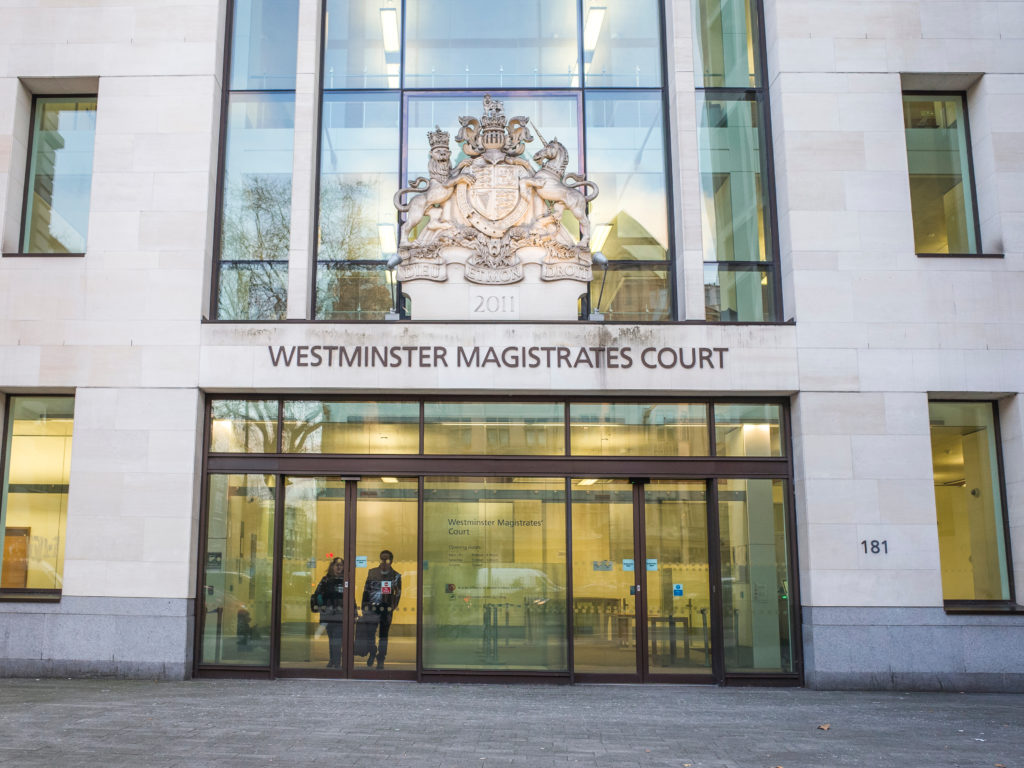
Today, 10th December 2018, at Westminster Magistrates’ Court, Senior District Judge Emma Arbuthnot, the Chief Magistrate, ruled that Dr Vijay Mallya could be extradited to India and that his case should now be sent to the Home Secretary, Sajid Javid, for a decision whether to order extradition. You can find the judgement here.
The SDJ ruled that the Government of India presented evidence which made out a prima facie case, against Dr Mallya in relation to three charges:
- that he was involved in a conspiracy to defraud IDBI bank and a consortium of other banks from which his company, Kingfisher Airlines, had been given loans;
- that he had made false representations when applying for loans on behalf of Kingfisher Airlines in order to make a gain for himself; and
- that he had laundered the proceeds of the fraudulently acquired loans.
The SDJ then rejected Dr Mallya’s arguments that his extradition should be barred because it was being sought for political purposes; that the head of the Indian Central Bureau of Investigation (CBI), Mr Rakesh Asthana, had been involved with corrupt practices which might prejudice Dr Mallya’s trial in India; and that Dr Mallya would be denied a fair trial. In particular, the SDJ found that there was no evidence that Dr Mallya was being prosecuted on account of his political opinions and that the Indian criminal justice system contained sufficient safeguards to ensure the safety of his trial.
Next, the court considered whether Dr Mallya’s likely detention in an Indian prison would amount to inhuman or degrading treatment contrary to his rights under Article 3 of the European Convention on Human Rights (ECHR). The SDJ found that the three assurances given to the court by the Government of India provided strong evidence that Dr Mallya would be detained in a prison which complied with Article 3 ECHR. She noted that the Government of India had never reneged on an assurance given to a UK court. It was decided that the assurances were clear that, if convicted, Dr Mallya would be housed in a cell which was of an adequate size, he would receive adequate food and clean drinking water, he would have access to an exercise yard and that his complex and numerous medical needs would be properly met, including if necessary by granting him access to his own private doctors.
The judge explained that:
“Extradition arrangements work on the basis of trust and any failure to abide by the assurances would doubtlessly affect the trust between this court and the Government of India.”
Dr Mallya has the right to appeal the decision.
Categories: India, United Kingdom



Recent Comments